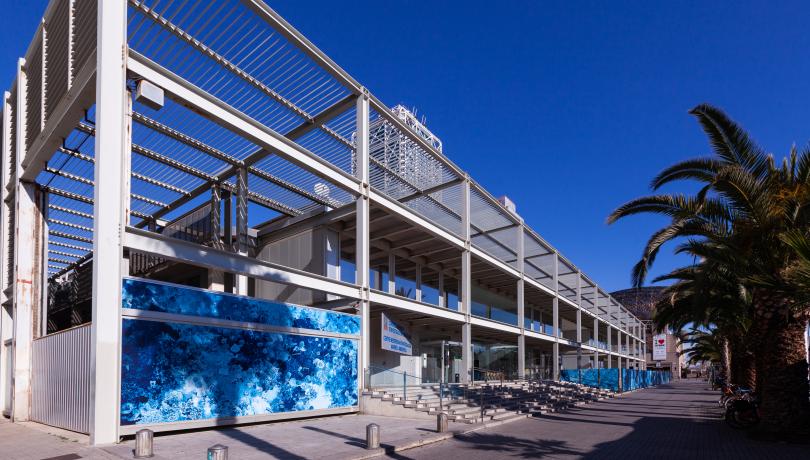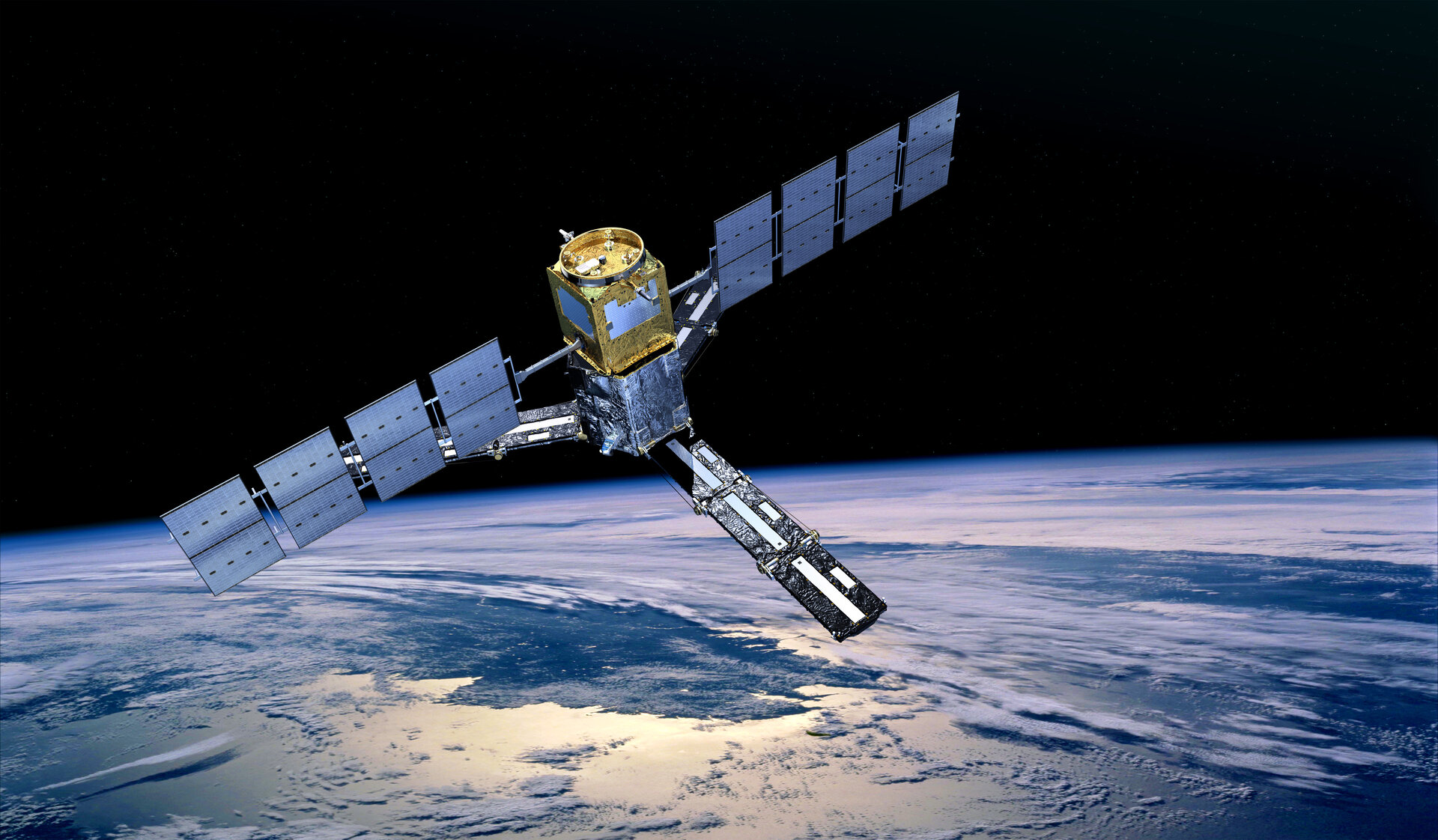The aim of this platform is to develop a research, technological development and innovation strategy to protect the coast, preventing and mitigating the impact of marine pollution and monitoring and improving water quality.

The Institut de Ciències del Mar (ICM) of Barcelona has started to collaborate closely with the Technological Platform for the Protection of the Coast and the Environment (PT-PROTECMA), whose objective is to develop and implement a strategy of research, technological development and innovation aimed at protecting the coast, preventing and mitigating the impact of marine pollution and monitoring and improving water quality.
The platform offers, among others, a map of capacities that allows locating the technological and research resources of the members of the platform through a graphic viewer. By making such tools available to its partners, PROTECMA seeks to improve its competitiveness and technological capacity.
"This partnership will allow us to make known our technological tools, the development of which aims to boost innovation in the framework of the blue economy", explains Vanessa Sarah Salvo, the person in charge of institutional and international relations at the ICM.
Furthermore, this membership will enable the ICM to identify and consolidate synergies with public and private actors in the sector, which will contribute to achieving the objectives set by the UN within the framework of the Decade of Ocean Sciences for Sustainable Development (2021-2030).
A wide range of technological solutions
Among the technological solutions developed by the ICM are several related to Earth observation and remote sensing designed by the Barcelona Expert Centre (BEC), one of the scientific-technical services of the Institute.
These include early warning systems for extreme weather events, image processing tools and sensors for calculating the soil moisture content, which can be used to estimate the likelihood of fires.
The ICM has also other scientific-technical services and instrumentation for the collection and analysis of physico-chemical, microbial and geophysical parameters of marine ecosystems that can be used by the naval and telecommunications sector for operations on the seabed, for the detection of toxic algal blooms on the coast, and for monitoring water quality.
Finally, the ICM offers tools for the fisheries, aquaculture and aquariology sectors. In this sense, the Institute carries out studies on fishing pressure, the development of epigenetic markers to increase aquaculture productivity through the selection of sexes and resistant specimens, or the design of systems for industrial fish farming.
